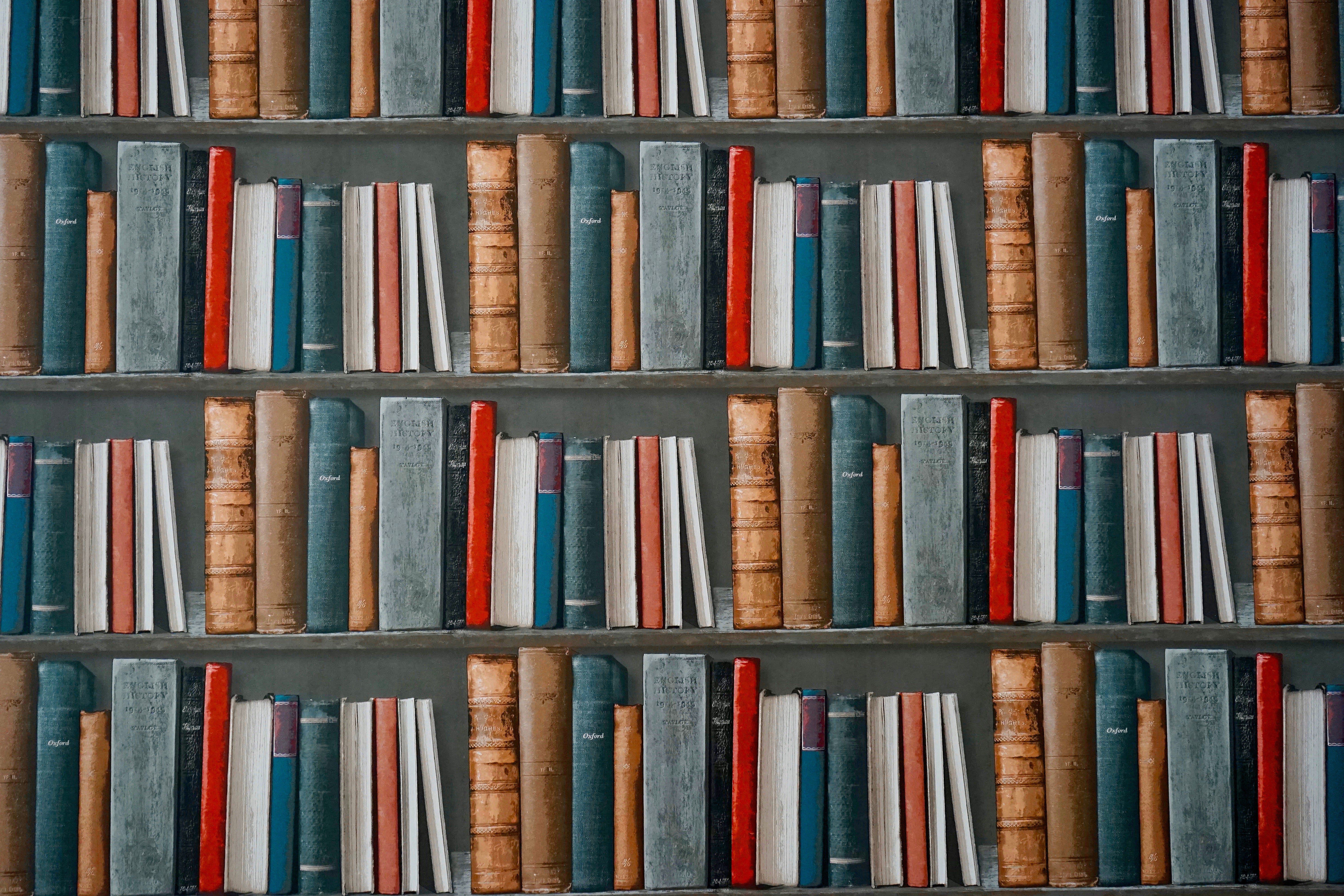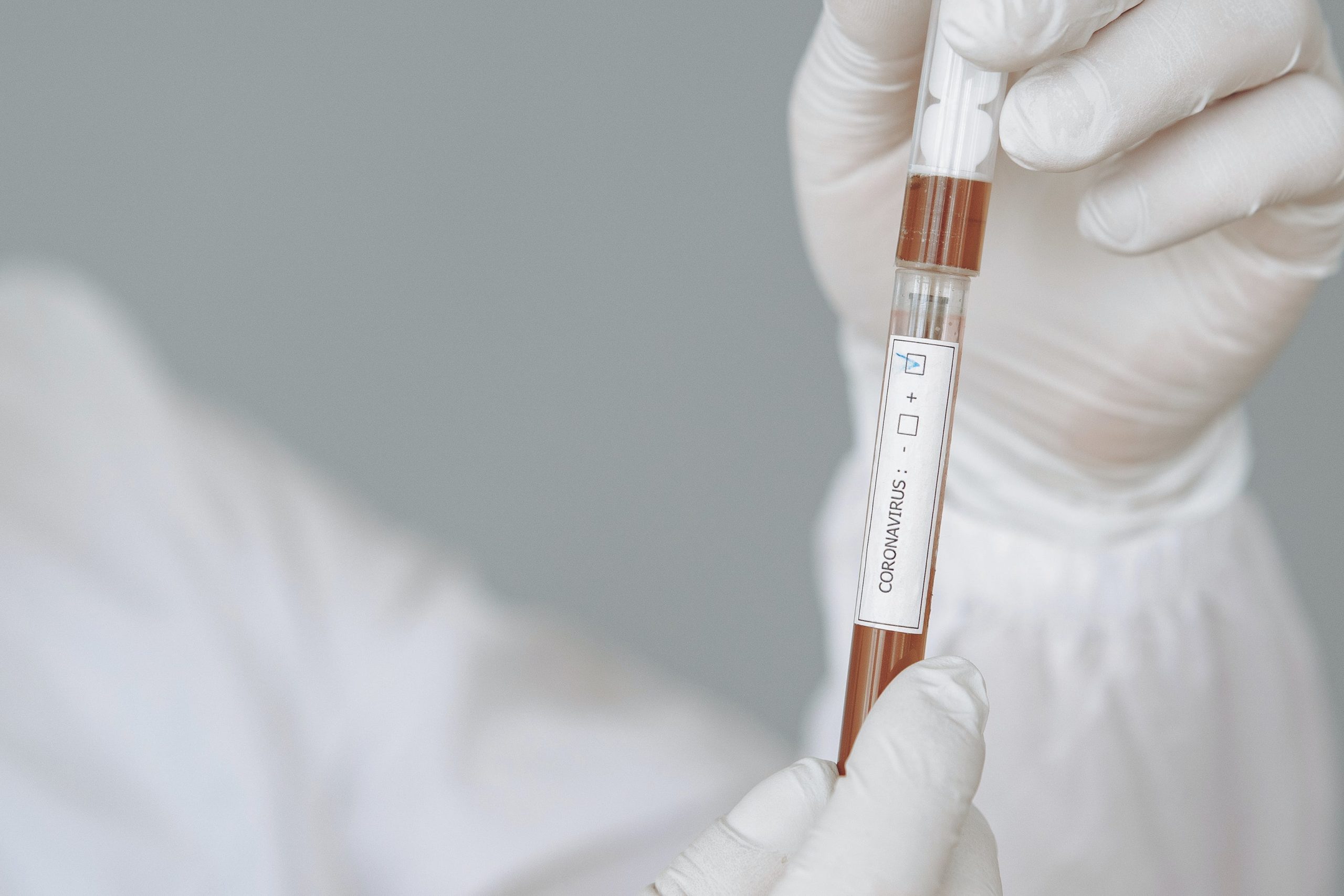Wendell Berry on science worship
Listening to our leaders reassuring us that all public health and political action is being directed by science and expert advice reminds me of this passage from Wendell Berry’s “Letter to a Scientific Friend” in The Art of Loading Brush. He is speaking about climate change here, but we could easily relate the reflection to COVID-19. The imperative that we “believe in science” as a test of our worth, he writes,
is both a pointless snobbery and a meaningless distraction. The language of this curious imperative rests implicitly upon the idea of an authoritarian society of scientific hierarchs who know and underlings who believe. It is assumed furthermore that the underlings must believe because the anointed knowers know. Disbelievers are charged with “distrusting science.”
But this brings reasonable nonscientists to ask on what basis they should trust science. The reasonable answer is that they should trust science on the same basis on which scientists properly trust science. They trust it to be, in so far, true: What has proved to be predictable in the past remains, for now, predictable. The prescription to the general public that they should unconditionally “trust science” and “believe in climate change” comes from no authority at all, but is only the application of a naive or cynical double standard: For scientists, skepticism is right — it is their habit of mind and their mode of work — but for all others it is wrong. This offends reason. It offends good sense. Skepticism can come from and lead to error, of course. But it is reasonable and proper insofar as it resists or distrusts any authority that is merely assumed or supposed. Speaking at Harvard in 1955, Edwin Muir said that “the great ascendency of science has brought a superstitious reverence for authority, the authority of those who are in the secret.” But mere citizens by now are likely to know that scientific authority is open to question, if only because of the public mind-changing about what fats in food make people fat. But they know too the proclivity of grant-hungry scientists to sensationalize “news” of discoveries of things that “may” exist or “may” be true. And they can hardly escape the thunders of old, great, famous scientists who issue pronouncements, predictions, and prophecies on the basis of nothing but their prizes and positions. The conflation, or the confusion of biological evolution and technological progress, seems to me another reason to distrust science.
We’ve seen a number of oppressive strategies put in place by state and federal officials based on the ever-changing predictive models about COVID-19. In my state, Governor Cuomo insisted this week that any move to reopen the economy will be “smart,” “led by science,” “led by experts.” Yet the expert models predicting numbers of cases and deaths have changed several times. The directives that have remained constant are not “expert” at all, but mere common sense: wash your hands and keep your distance from others when there is a contagious disease afoot.
Berry rightly calls out the authoritarian impulse fanned into flame when we heedlessly bow to “experts” without evidence.




